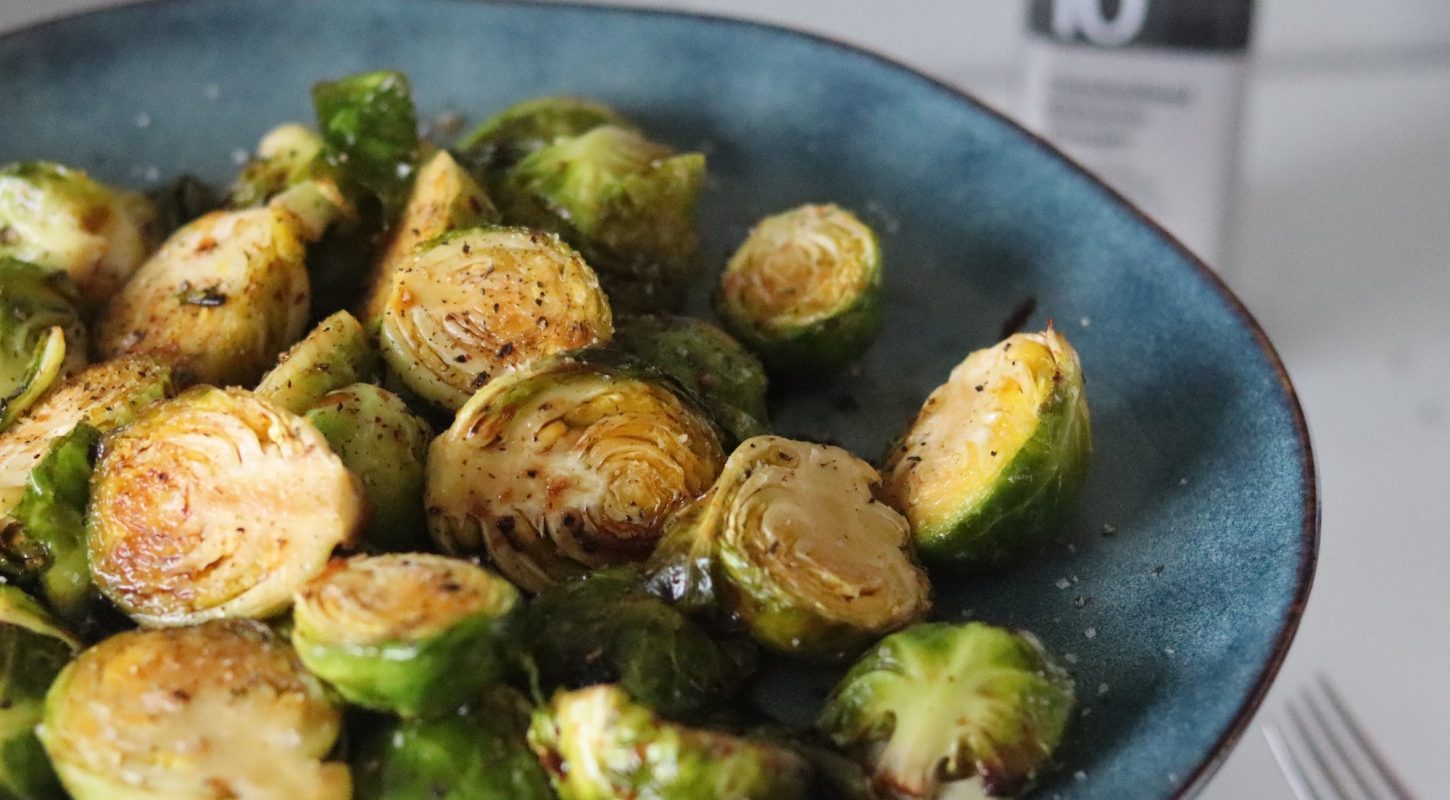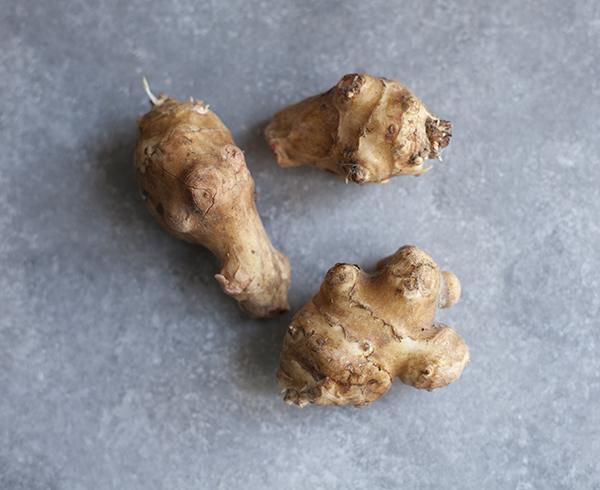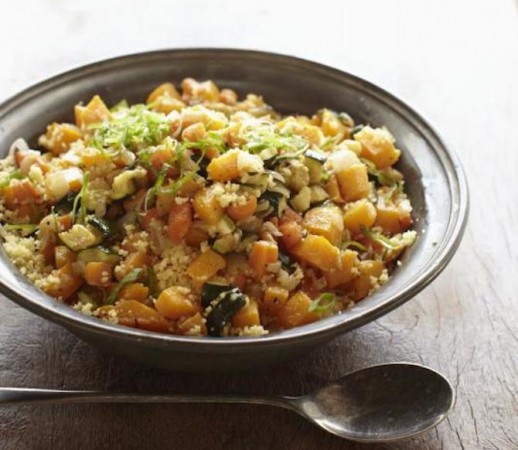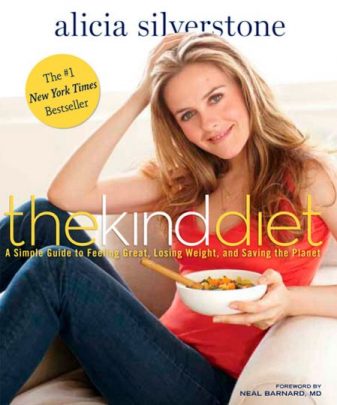Nutrition scientists have shown over and over that people who consume more natural plant foods (vegetables, fruits, legumes, etc.) are less likely to be diagnosed with cancer. But are all vegetables equally protective? If we wanted to design an anti-cancer diet, we would want to know which foods have the most powerful anti-cancer effects – then we could eat plenty of these foods each day, flooding our bodies with the protective substances contained within them.
So, which foods have the most powerful anti-cancer effects? Cruciferous vegetables.
This family of vegetables is named for their flowers, having four equally spaced petals in the shape of a cross, from the Latin word “crucifer” meaning “cross-bearer.” These are the cruciferous vegetables:
- Arugula
- Bok choy
- Broccoli
- Broccoli rabe
- Broccolini
- Brussels sprouts
- Cabbage
- Cauliflower
- Collards
- Horseradish
- Kale
- Kohlrabi
- Mache
- Mustard greens
- Radish
- Red cabbage
- Rutabaga
- Turnips
- Turnip greens
- Watercress
All vegetables contain protective micronutrients and phytochemicals, but cruciferous vegetables are unique – they contain compounds called glucosinolates which are responsible for their pungent or bitter flavors. When cell walls are broken by blending or chopping, a chemical reaction occurs that converts glucosinolates to isothiocyanates (ITCs) – compounds with proven anti-cancer activities. The many ITCs work synergistically to remove carcinogens, kill cancer cells, and prevent tumors from growing. Some ITCs can even help the body excrete estrogen and other hormones, reducing the risk for hormonal cancers.
Cruciferous vegetables are twice as powerful as other plant foods. In population studies, a 20% increase in plant food intake generally corresponds to a 20% decrease in cancer rates, but a 20% increase in cruciferous vegetable intake corresponds to a 40% decrease in cancer rates.
Cruciferous vegetables are not only the most powerful anti-cancer foods in existence, they are also the most nutrient-dense of all the vegetables. Although the National Cancer Institute recommends 5-9 servings of fruits and vegetables per day for cancer prevention, they have not yet established specific recommendations for cruciferous vegetables. I recommend six fresh fruits and eight total servings of vegetables per day, including two servings of cruciferous vegetables – one raw and one cooked. Remember: chopping, chewing, blending, or juicing cruciferous vegetables allows for production of ITCs. Consuming a large variety of these ITC-rich cruciferous vegetables within an overall nutrient-dense diet can provide us with a profound level of protection against cancer.
For your next cruciferous vegetable dish, try one of these great recipes!
Dr. Fuhrman is a best-selling author, nutritional researcher and board certified family physician specializing in nutritional medicine. Learn more by visiting his informative website at DrFuhrman.com and his blog at Diseaseproof.com, and following Dr. Fuhrman on Facebook and Twitter.




